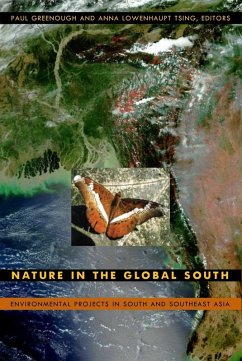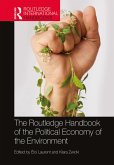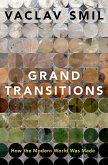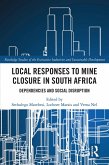A nuanced look at how nature has been culturally constructed in South and Southeast Asia, Nature in the Global South is a major contribution to understandings of the politics and ideologies of environmentalism and development in a postcolonial epoch. Among the many significant paradigms for understanding both the preservation and use of nature in these regions are biological classification, state forest management, tropical ecology, imperial water control, public health, and community-based conservation. Focusing on these and other ways that nature has been shaped and defined, this pathbreaking collection of essays describes projects of exploitation, administration, science, and community protest.With contributors based in anthropology, ecology, sociology, history, and environmental and policy studies, Nature in the Global South features some of the most innovative and influential work being done in the social studies of nature. While some of the essays look at how social and natural landscapes are created, maintained, and transformed by scientists, officials, monks, and farmers, others analyze specific campaigns to eradicate smallpox and save forests, waterways, and animal habitats. In case studies centered in the Philippines, India, Pakistan, Thailand, Indonesia, and South and Southeast Asia as a whole, contributors examine how the tropics, the jungle, tribes, and peasants are understood and transformed; how shifts in colonial ideas about the landscape led to extremely deleterious changes in rural well-being; and how uneasy environmental compromises are forged in the present among rural, urban, and global allies.Contributors:Warwick AndersonAmita BaviskarPeter BrosiusSusan DarlingtonMichael R. DoveAnn Grodzins GoldPaul GreenoughRoger JefferyNancy PelusoK. SivaramakrishnanNandini SundarAnna Lowenhaupt TsingCharles Zerner
Dieser Download kann aus rechtlichen Gründen nur mit Rechnungsadresse in A, B, BG, CY, CZ, D, DK, EW, E, FIN, F, GR, HR, H, IRL, I, LT, L, LR, M, NL, PL, P, R, S, SLO, SK ausgeliefert werden.
Hinweis: Dieser Artikel kann nur an eine deutsche Lieferadresse ausgeliefert werden.









